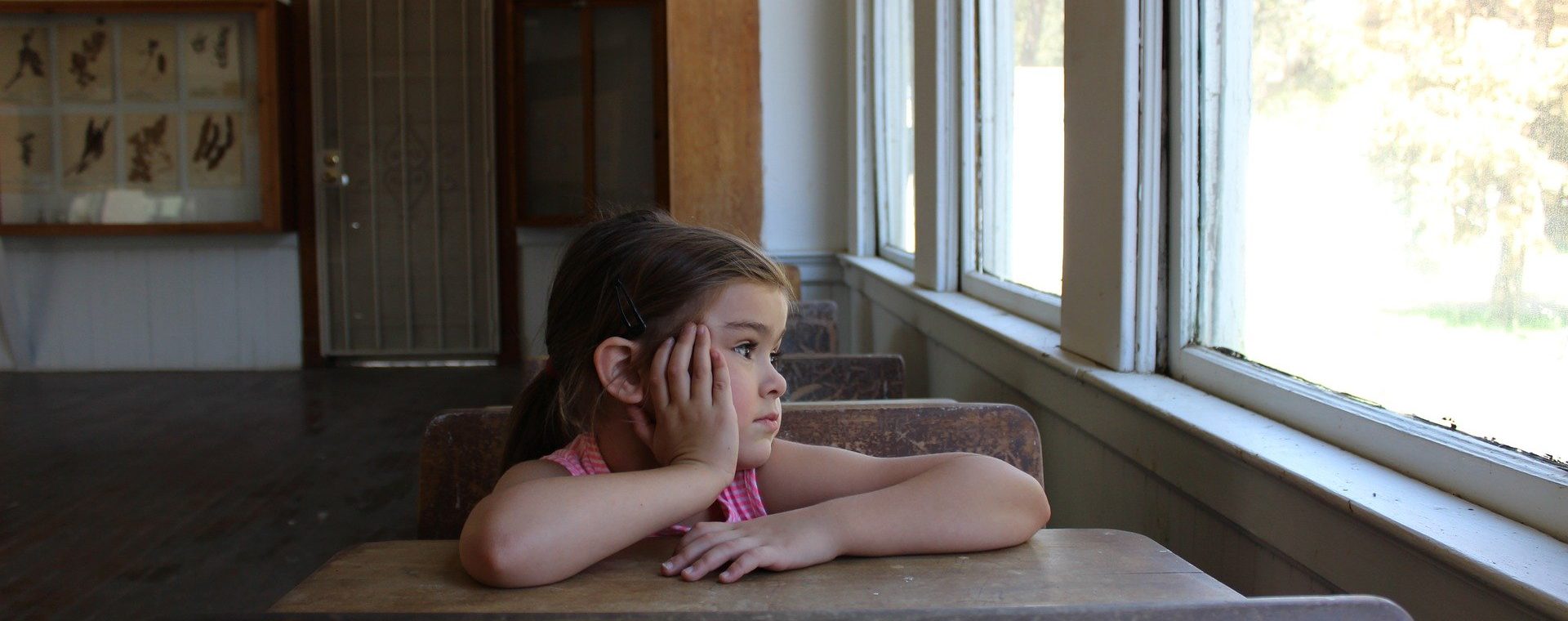
The cries are resounding: “Education must emerge from this global crisis transformed.” For most of us making those calls, what we mean by transformed is, ultimately: more human (and within that notion, we include more equitable). We are echoing the cries of John Dewey and countless other educators for over a century that our global system of forced, mechanistic, assembly-line education is reducing human potential. The current crisis has reinforced what was already so abundantly clear: that robotic, search-engine-like humans are not the ones who will have jobs and choice in their lives moving forward; that the complexities of our world require deeper connection to our most human traits—such as creativity, empathy, agency, and curiosity—not the algorithmic thinking, regurgitation, and blind deference to authority that our system so effectively engenders with its current methods and targets.
But we’ve been trying for decades. Why is our dominant paradigm of coercion-based, non-consensual education going to change this time? Yes, many parents have seen first-hand the meaninglessness of much of what is being asked of their children while being forced by circumstance to reluctantly educate from home. They’ve seen too the effectiveness of their own education belied by the fact that they do not feel equipped by it to educate their own children. Will that be enough to force a dramatic and lasting paradigm shift in how we educate our young humans?
I predict it will not, unless we do two things.
The first is that we must stop trying to gradually, incrementally shift our entire schools or school districts away from authoritarian, assembly-line education in lock step, and instead focus on creating what my team calls “anomalous spaces” that are accessible to all who want to enter them but that do not require that everyone make the shift to them at the same time if they are not ready to choose to.
The transformation we are really talking about in education, if we truly break it down, is a shift from Other-Directed education to Self-Directed education. No, this does not mean adults disappear and children run rampant destroying everything and playing video games all day. It means shifting away from an assumption that coercion and non-consensuality are okay in education—from a belief that the role of adults is to decide what is important and force kids to do it—to one that affords basic human rights to children and approaches education from a position of equity and co-creation instead of command-and-control. When we open up spaces that are entirely built on this fundamentally different value system—this ethic of engagement—and engage in them with people who want to be there, we can build beautiful learning communities that enrich the whole child (and adult!) and enhance rather than snuff out our most valuable human characteristics. These spaces can be standalone schools, an academy in a district, a school-within-a-school, or at the smaller end a three-week intensive, immersive experience into this way of relating with learning and with the people you share space with. I have built all of these types of environments, and also worked in and with many schools that try the incremental, universal approach, and the difference is as stark as night and day in the quality of the results.
The second thing we must do is to mandate at a policy level that these spaces be available, as a human rights issue, to every family that prefers it to the conventional model. The reason we need a mandate is that, for example, over the last six decades or so there have been heroic battles in school districts all across the United States where alternative schools or immersive programs have been started as the result of intensive efforts by parents and teachers to create these spaces. Most survive initially on the sheer passion of their founding families, teachers, and district sponsors; however, most either fade to being alternative in name only, or disappear entirely, as the constant battle of swimming against the tide of the dominant paradigm and its establishment momentum batter them down.
In short, if we are going to see the transformation called for after this crisis, or at any time, we are going to have to realize that the change we are talking about is fundamental. For it to have any chance of happening, we have to acknowledge that the change we want is not a new set of WHATs—like design thinking, or technology, or mindfulness, or maker spaces—but a critical HOW. That critical HOW is a shift from power-over to power-with, from domination and command-and-control to equity and co-creation. And we must recognize that for it to truly flourish into its possibility, that HOW must have its own space, opted-into by those that choose it, and guaranteed as a choice to recognize the right of every family to have access to Self-Directed rather than only Other-Directed education.


